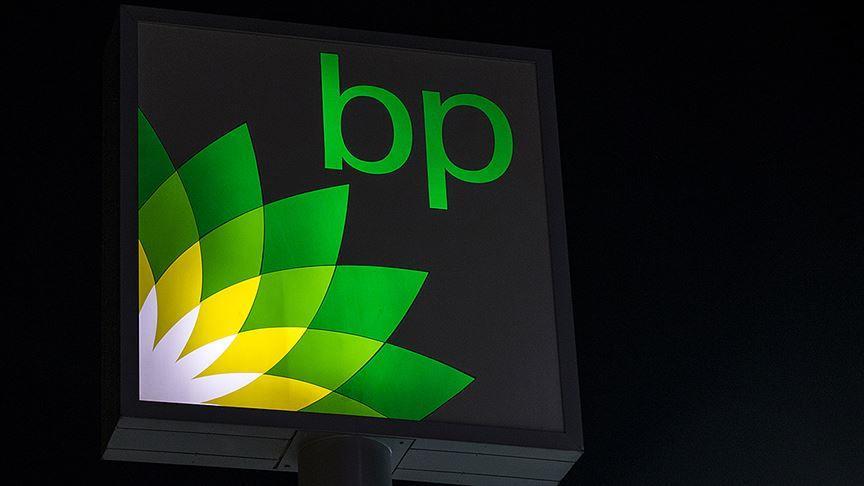British energy giant BP revised down its long-term Brent oil price assumptions by around 30% and expects its write-offs and non-cash impairment charges for the second quarter of the year to be in a post-tax range between $13 billion and $17.5 billion, it announced Monday.
BP revised its assumptions for benchmark Brent crude oil prices to an average of $55 a barrel from 2021-2050 and Henry Hub gas to $2.90 per million British thermal units, the company said in a statement
BP has also revised its carbon prices for the period to 2050 and these now include a price of $100 per ton of CO2 in 2030.
As part of its strategy development, the company has been reviewing its portfolio and its capital development plans, according to the statement.
“With the COVID-19 pandemic having continued during the second quarter of 2020, BP now sees the prospect of the pandemic having an enduring impact on the global economy, with the potential for weaker demand for energy for a sustained period,” it said.
The company said it will focus on “the transition to a lower carbon economy and energy system” in the aftermath of the pandemic for a more resilient economy in the future.
BP lowered its long-term price assumptions as a result of all these factors, and will continue focusing on capital discipline and is also reviewing its intent to develop some of its exploration intangible assets.
"I am confident that these difficult decisions - rooted in our net zero ambition and reaffirmed by the pandemic - will better enable us to compete through the energy transition,” Bernard Looney, BP’s chief executive officer, was quoted as saying in the statement.
Looney elaborated that in February his company set out to become a net zero company by 2050.
“We have reset our price outlook to reflect that impact and the likelihood of greater efforts to "build back better towards a Paris-consistent world,” he added.
By Sibel Morrow
Anadolu Agency
energy@aa.com.tr


